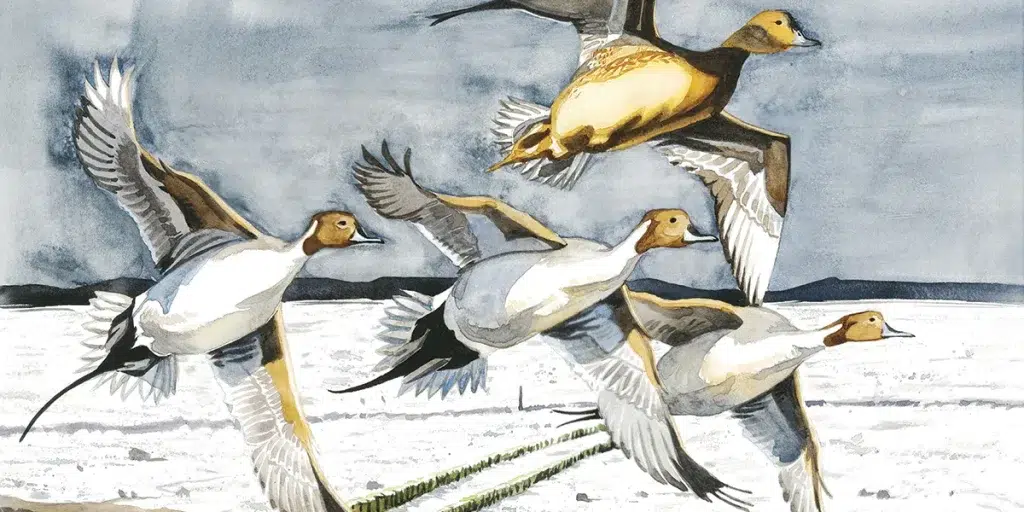
Buy BASC Wildlife Fund merchandise and win a wildfowling trip
Buy your 2025 BASC Wildlife Fund merchandise and you will be entered into a prize draw for an unforgettable day of wildfowling.
Get information on the legal shooting season for mammals and birds in the UK.
Apply for funding for your project or make a donation today
Comprehensive information and advice from our specialist firearms team.
Everything you need to know about shotgun, rifle and airgun ammunition.
Find our up-to-date information, advice and links to government resources.
Everything you need to know on firearms law and licensing.
All the latest news and advice on general licences and how they affect you.
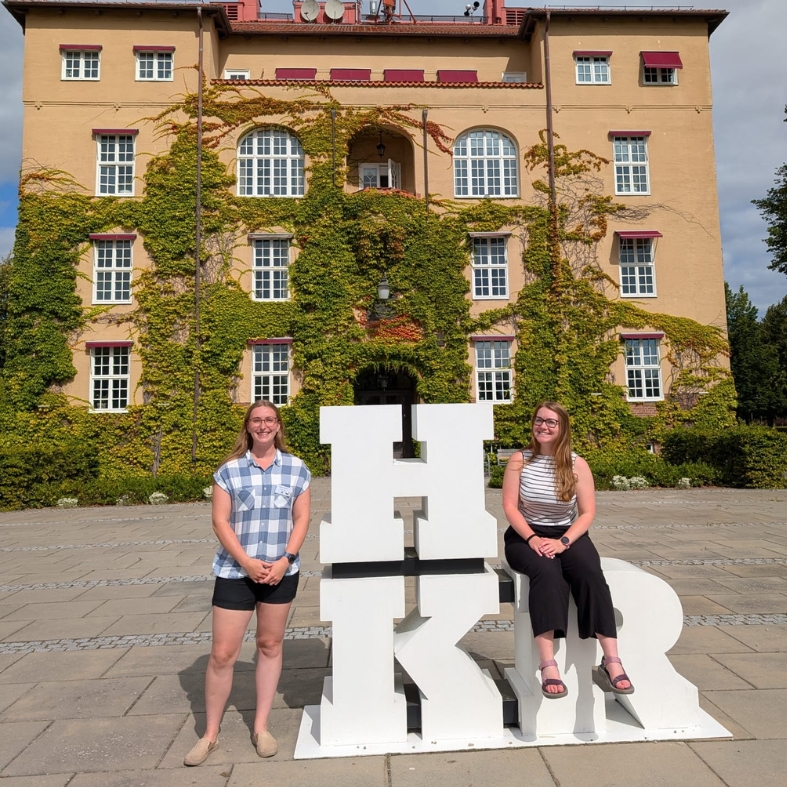

The health of Europe’s ducks was centre stage at the Pan-European Duck Symposium in August, featuring presentations on BASC research projects.
What do duck researchers, conservationists and wildfowlers from across the globe have in common? They all gathered to share knowledge that will shape the future of waterfowl conservation.
Members of BASC’s science team recently travelled to Kristianstad in Sweden, to attend the seventh Pan-European Duck Symposium, held from 18 – 22 August 2025. The event brought together duck researchers, conservationists and wildfowl managers from across Europe and beyond to share the latest developments in waterfowl research and management.
Two of BASC’s scientific advisors, Sophie Stafford and Heather Warrender, were among the 27 presenters at the symposium. Heather shared findings on population trends in teal, using decades of data provided by wildfowlers to BASC’s wing survey.
Sophie drew on BASC’s duck nest monitoring project and sarcocystosis (rice breast) survey data to showcase the contributions shooters make to waterfowl conservation and research. She also discussed the limitations and opportunities of citizen science projects such as these.
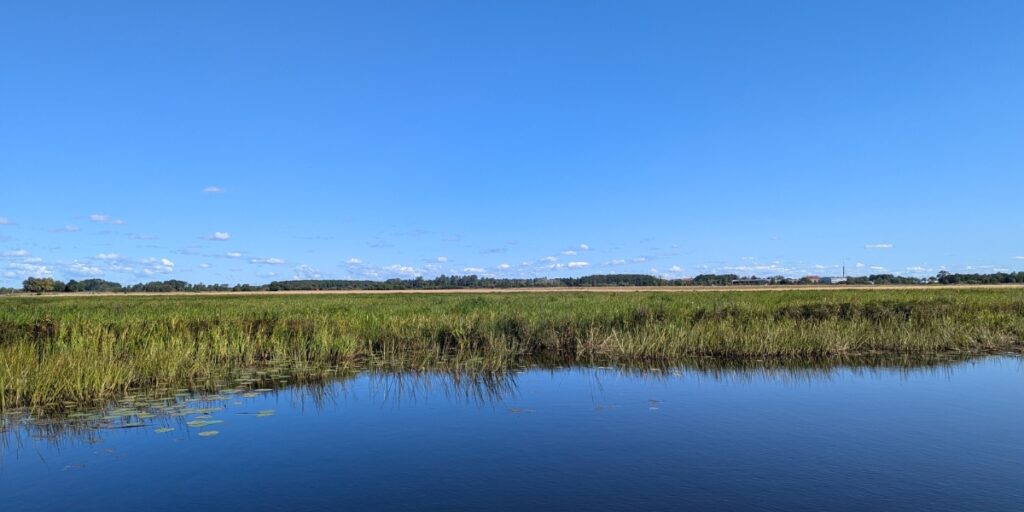
“The symposium reinforced the importance of international collaboration to support migratory species.” – Heather Warrender
The symposium was a deeply insightful and informative event for BASC’s scientists. Sophie said: “The workshops and poster sessions offered incredibly valuable opportunities to exchange ideas. The ‘collaborations across the pond’ workshop sparked lively discussions on waterfowl management across Europe and the USA. It highlighted the differences, shared challenges and opportunities for joint research that we’d very much like to take forward.”
Heather added: “The symposium reinforced the importance of international collaboration to support migratory species. This is particularly important for species under pressure or subject to harvesting. Events like these allow conversations with global experts, opening doors for BASC to engage in future scientific partnerships. Such research underpins sustainable shooting and helps guard its future.”
For BASC, the symposium was a powerful reminder of the impact of collaboration. The insights gained will inform our conservation work at home, ensuring that members’ survey data continues to shape international research. The next step is to turn ideas into action – from strategic planning for future studies to increasing hunter engagement in citizen science for the benefit of wildfowl and sustainable shooting alike.
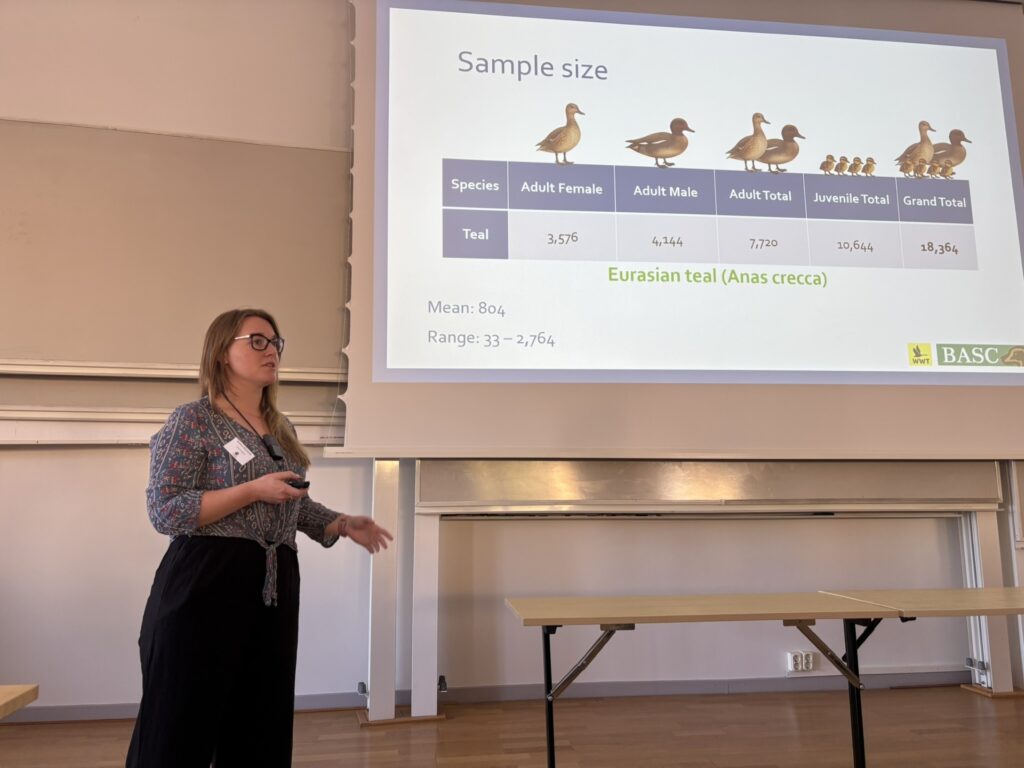
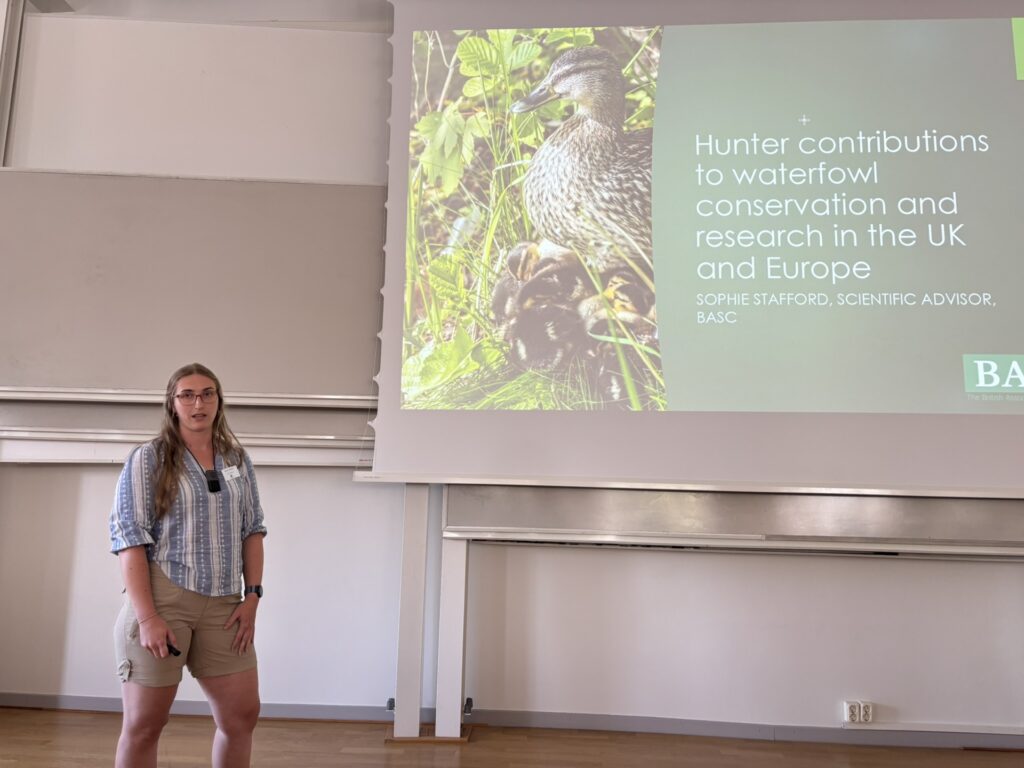
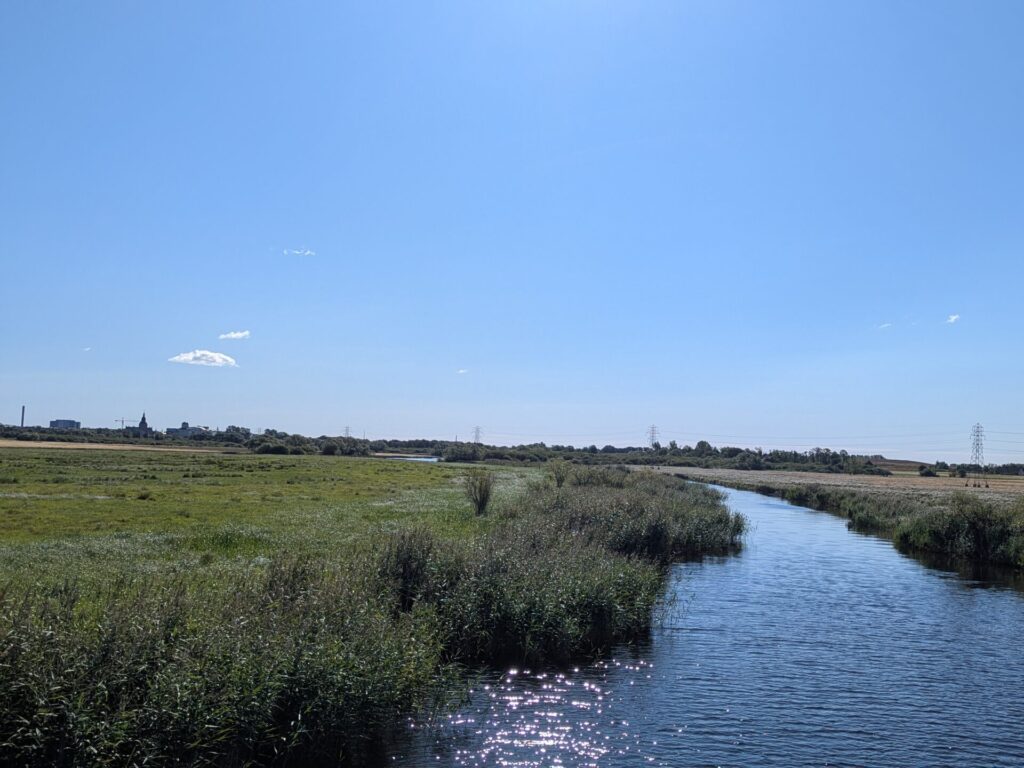
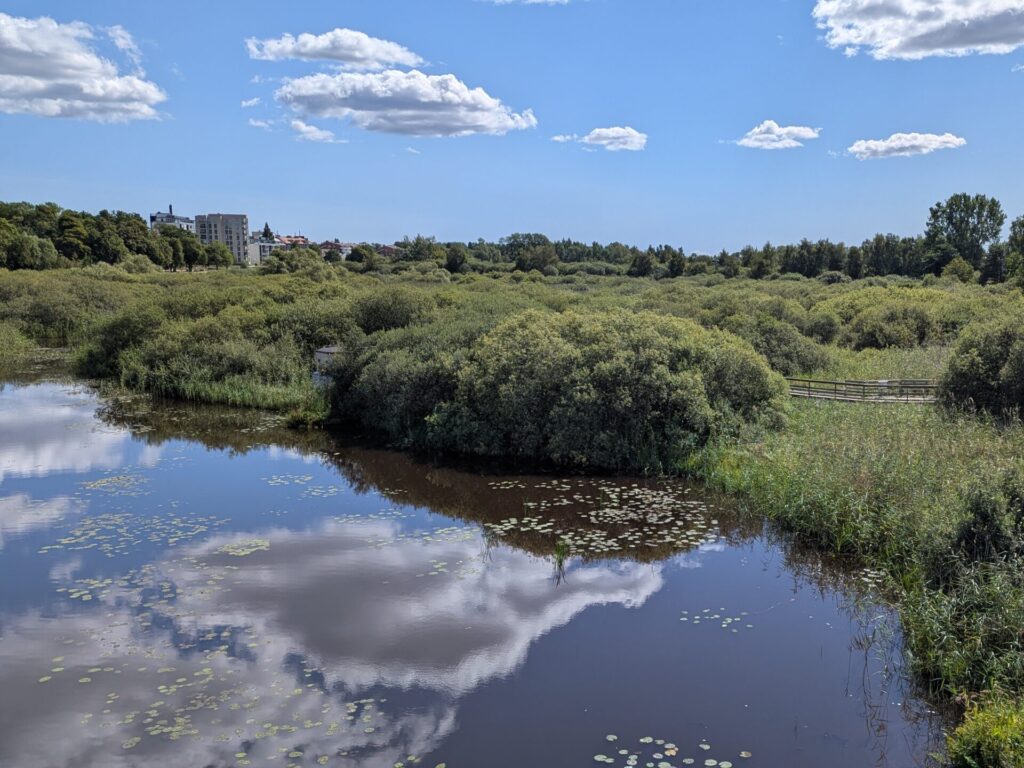
Here in the UK, BASC is building on these international discussions with projects of our own. Our science team is actively contributing to research that informs policy and conservation. Many of our projects are participant-led citizen science initiatives, demonstrating the valuable role our members play in monitoring and protecting wildfowl. Your contributions make a real difference and are helping secure the future of wildfowl and sustainable shooting.
Find out how you can get involved by visiting our Conservation in action page, or explore our past and current science and research projects.
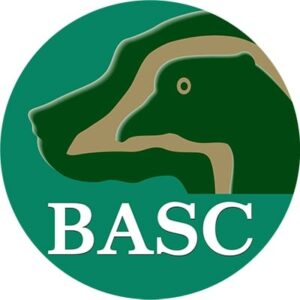

Buy your 2025 BASC Wildlife Fund merchandise and you will be entered into a prize draw for an unforgettable day of wildfowling.
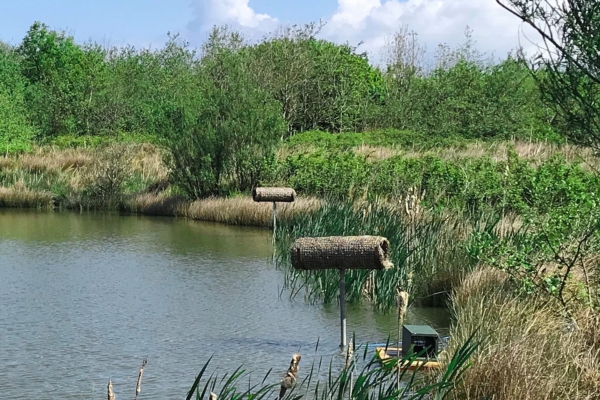
Taw and Torridge Wildfowling Club has recently launched a mink control programme as part of its wider conservation efforts.
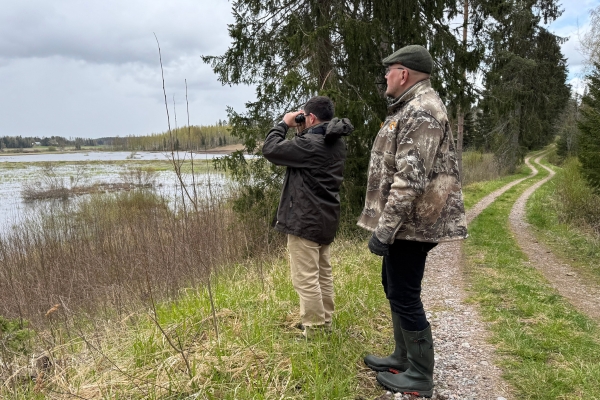
BASC showcased the Sustainable Shooting Code of Practice at the recent annual Waterfowlers’ Network meeting in Finland.